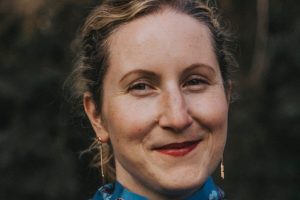
Abstract: An immune response is a complex dance of cells that is tightly choreographed and an important aspect of this choreography arises from the regulation of the migration and localisation of the immune cells involved. The Mandl lab studies the role of cell migration and, more recently, of cellular sensing of mechanical input, in orchestrating effective immunity. In this talk, I will focus on our recent work investigating how T cells sense and adapt to changes in the stiffness of the tissues they are navigating through. We have studied a specific cytoskeletal defect in T cells lacking Dedicator of cytokinesis 8 (Dock8) that was first identified in immunodeficient people to understand whether and how T cell mechano-responses might enable leukocyte shape adaptations during migration while moving rapidly through highly confined tissue terrain. I will also discuss ongoing work in my lab defining how changes in tissue-imposed mechanical forces modulates T cell fate. Ultimately, our work suggests that for T cells there is an important trade-off between remaining motile and maintaining cell shape coherence in dense tissues, while preventing DNA damage to enable long-term survival and antigen surveillance in tissues.
Bio: Judith Mandl is an associate professor in the Department of Physiology at McGill University and a Canada Research Chair in Immune Cell Dynamics. After training in computational biology at the University of Warwick, UK, she completed her Ph.D. in the Population Biology, Ecology, and Evolution program at Emory University (Atlanta, USA) where she worked with Mark Feinberg on HIV pathogenesis in primates and humans at the Yerkes Primate Center. Mandl went on to do a postdoc with Ronald Germain in the Systems Immunology lab at the National Institutes of Health, studying T cell trafficking and heterogeneity. She started her own group at McGill in 2015.
Website: https://www.mcgill.ca/physiology/directory/core-faculty/judith-mandlV
Host: Yun Chen